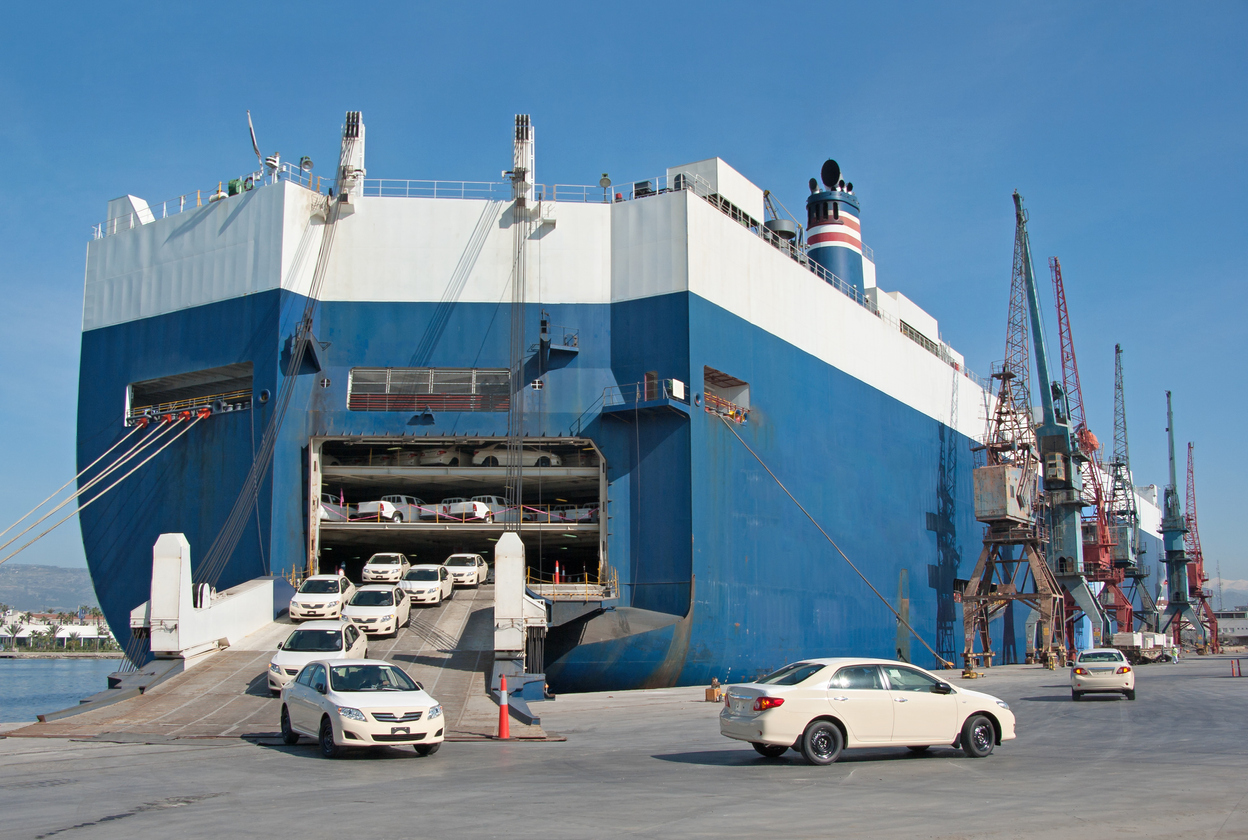Buying a Used Car in Kenya: The Ultimate Guide
Buying a Used Car in Kenya: The Ultimate Guide
Before you begin your search for a second-hand car, it’s important to understand the various considerations you’ll need to make. If you’re buying a used car, there are some things that might not be obvious at first glance. For example, how old is the car? Does it have any known issues? How much mileage does it have on it? What kind of warranty should you look out for? There are many things that must be considered when buying a used car. It may sound like an obvious thing to do but there are many people who buy cars without doing their research and end up with expensive problems soon after they drive away with their new purchase. To help you avoid any unpleasant surprises, here’s our ultimate guide to buying a used car in Kenya.
Research Before You Buy
Before you go out looking for a car to buy, it’s important to do your research. You need to know what kind of car you’re looking for, what price range you’re expecting to be in, and what kind of features and year you’d like. Next, you’ll want to decide which type of car you want to buy. There are many options on the market, including passenger cars, SUVs, pickup trucks, and more. Each type of car has its pros and cons, so it’s important to do your research and decide which type of car is right for you.
Know What to Look for When Buying a Second-Hand Car
There are many things that you need to check carefully when buying a used car. Here are the most important ones: The odometer reading – You need to know how many miles the car has driven. There are some important reasons for this, including whether the previous owner was a professional driver or someone who drove the car very often. The odometer reading can also tell you how much wear and tear the car has on it. The car’s title – If the car is being sold by a private owner, you must carefully check the car’s title. A lot of the time, people sell stolen cars without knowing they’re stolen, so it’s very important that you check a car’s title to make sure it’s legitimate. The car’s condition – You’ll need to thoroughly inspect the car’s body and interior to make sure there are no major issues that will cost you a lot of money to repair. Make sure you check for dents, rust, tears in the seats, broken parts, and more.
Check the VIN and Body Scraps
The VIN (vehicle identification number) is a unique code that’s used to identify a car by make, model, and year. In Kenya, you can easily access it when you’re looking at a car. You are also free to look under the hood and see how everything is placed inside. You can even open the gas cap and check the fuel meter reading. The VIN number lets you do two things: First, you can check the car’s history through a government database. This will tell you if the car has ever been stolen or reported as “missing”. Next, you can use the VIN to check the car’s past maintenance records. The car’s VIN number will tell you its build date, which can be useful.
Test Drive and Inspection
You should definitely take a car for a test drive before you buy it. It’s important to drive the car for at least 15 to 20 minutes to see how it performs under normal driving conditions. You should be checking the car’s overall performance and making sure there aren’t any obvious issues. It’s also a good idea to take the car on the highway to see how it performs at higher speeds. If you’re buying a used SUV or pickup truck, it’s also important to take it off-roading. This will let you know if the car or truck is in good condition off the highway. Be sure to check all the fluids in the car and make sure everything is where it should be.
Don’t Forget the Warranty!
If you’re buying a used car, it’s a good idea to look for a warranty. This is especially important if you’re buying a used car that’s more than five years old. A warranty will protect you against any major issues that might arise with the car. It’s important to remember that a warranty isn’t the same thing as a guarantee. A warranty is a promise from the seller that covers any issues that might arise with the car. A guarantee, however, means that you’re getting the car repaired or replaced if something goes wrong.
After you sign the contract – Get it inspected by a trusted mechanic.
If you’ve already made an offer on the car and signed the contract, it’s best to get the car inspected by a mechanic. A mechanic will be able to see if there are any major issues with the car that you might not notice yourself. You can either ask the seller to pay for the inspection or do it yourself and deduct the cost from the price of the car.
Conclusion
Buying a used car isn’t as risky as some people think. As long as you do your research and follow our tips for buying a used car, you’ll have a great car that will last a long time and save you a lot of money.








LEAVE A COMMENT
You must be logged in to post a comment.